P.V. Narasimha Rao played a pivotal role in building a modern and vibrant India through his transformative policies and leadership during his tenure as the ninth Prime Minister of India from 1991 to 1996. In his five-year term, Rao implemented significant economic reforms, navigated through political challenges, and helped shape India's global standing. His contributions to economic liberalization, foreign policy, and welfare programs have had a lasting impact on the country's development.
One of Rao's most notable achievements was his role in spearheading economic liberalization in India. When he took office in 1991, India was facing a severe economic crisis marked by high inflation, a ballooning fiscal deficit, and dwindling foreign exchange reserves. Rao, together with his Finance Minister, Dr. Manmohan Singh, introduced a series of bold economic reforms known as the "New Economic Policy." These reforms aimed to dismantle the license raj system, promote private sector participation, encourage foreign investment, and liberalize trade and industry.
Under Rao's leadership, India embarked on a path of economic reforms that led to significant structural changes in the country's economy. Key reforms included reducing import tariffs, dismantling industrial licensing, telecom reforms, banking reforms and opening up various sectors to foreign investment. These measures stimulated competition, fostered entrepreneurship, and attracted foreign capital inflows. As a result, India experienced a period of rapid economic growth, with increased industrial output, technological advancements, and improved living standards for many segments of society.
Rao's economic reforms also helped integrate India into the global economy. He actively pursued a policy of globalization and international cooperation, seeking to strengthen India's ties with major economic powers and foster foreign investment. Rao's government initiated negotiations that eventually led to India's entry into the World Trade Organization (WTO) in 1995, opening up new opportunities for trade and investment. These efforts helped position India as an emerging global player and laid the foundation for its subsequent economic growth and integration into global value chains.
In addition to his economic achievements, Rao made significant contributions to India's foreign policy. He recognized the importance of fostering friendly relations with neighboring countries and worked towards improving India's diplomatic ties. Rao initiated dialogue with China and signed several agreements, including the Border Peace and Tranquillity Agreement in 1993, which aimed to reduce border tensions between the two countries. He also initiated the Look East Policy, which sought to strengthen India's engagement with Southeast Asian nations and enhance regional cooperation. He strengthened relations with Israel and started a new era in Indo- the Israeli diplomatic journey.
Rao's tenure witnessed several important developments in India's relations with the United States. He visited the US in 1994, marking the first state visit by an Indian Prime Minister in over a decade. This visit helped reinvigorate bilateral ties and laid the groundwork for a closer strategic partnership between the two countries in subsequent years. Rao's government also pursued a policy of nuclear non-proliferation, which contributed to India's improved international standing and eventual recognition as a responsible nuclear power.
Furthermore, Rao prioritized social progress and advocated for inclusive growth. He introduced measures to address social inequalities and uplift marginalized communities. Rao's government implemented affirmative action policies, such as reservations for scheduled castes and tribes in education and government jobs, aimed at empowering historically disadvantaged groups. He also launched the National Rural Employment Guarantee Scheme, which guaranteed 100 days of employment per year for rural households, addressing rural poverty and unemployment. He strengthened the DWACRA program to empower the women of India and a massive rural development program to boost the rural economy.
Rao's leadership during a period of political volatility and chaos was also commendable. As the head of a minority government, he successfully navigated a complex and fragmented political landscape. Rao skilfully managed coalitions and built consensus across party lines to implement key reforms and ensure political stability. His ability to garner support and maintain a delicate balance of power enabled him to push forward with his agenda for change.
In conclusion, P.V. Narasimha Rao not only played a transformative role in shaping the modern and vibrant India we see today but also harbored a deep longing for a peaceful life dedicated to his literary passions. Despite his undeniable impact on the nation's progress, he often expressed his preference for a teaching job over a political career that according to him was a thankless job, believing that pursuing his intellectual interests would have brought him true contentment. The legacy of this departed soul resonates with a grateful nation of over a billion people, as his efforts uplifted the lives of millions of aspiring Indians and laid the foundation for a brighter future.
Inputs from Late PV Narasimha Rao ji son Mr Prabhakar Rao.







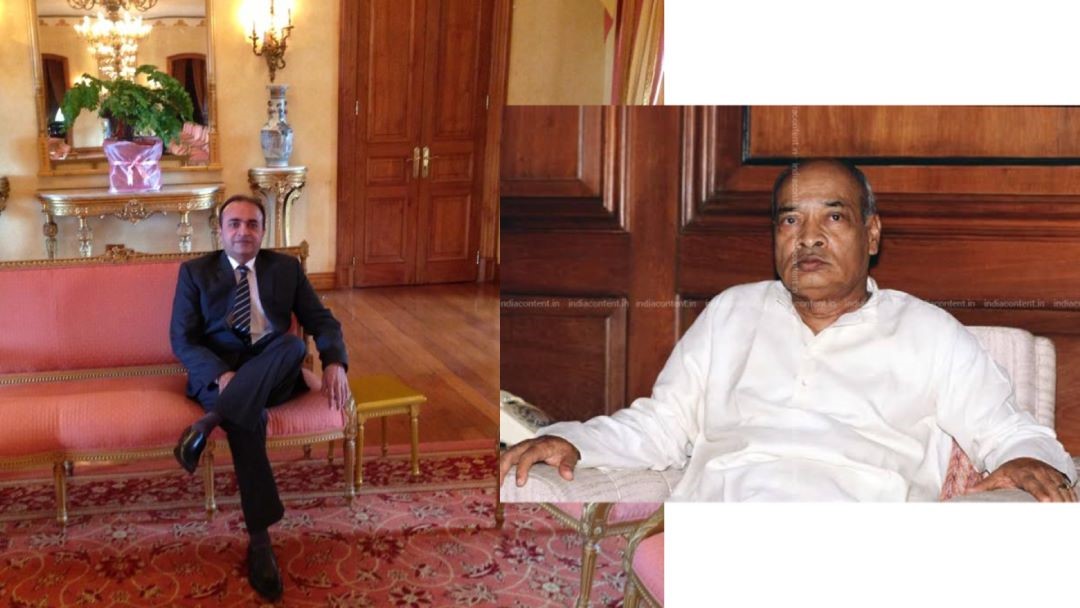
 OpinionExpress.In
OpinionExpress.In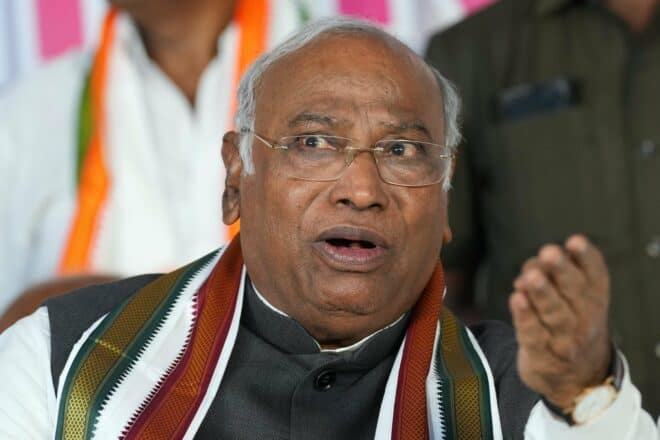

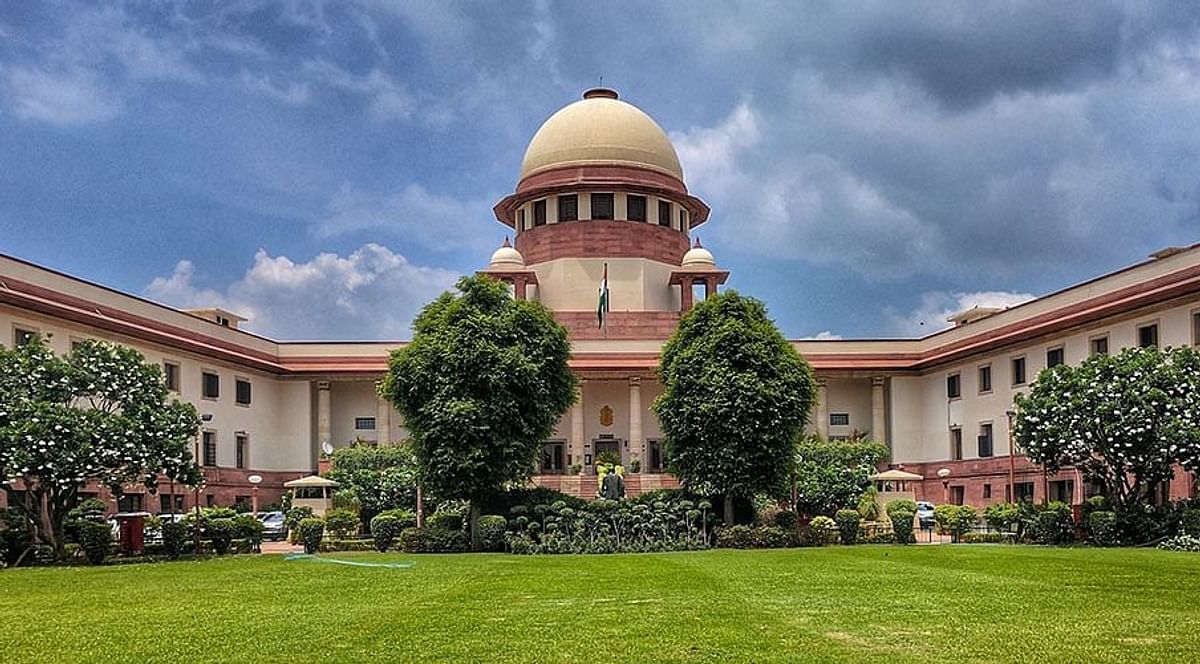
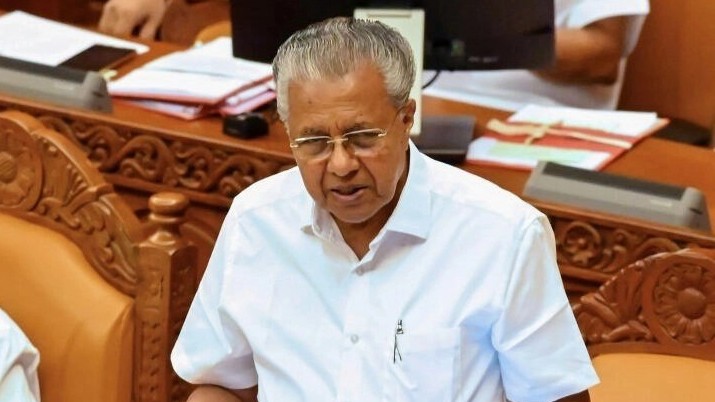
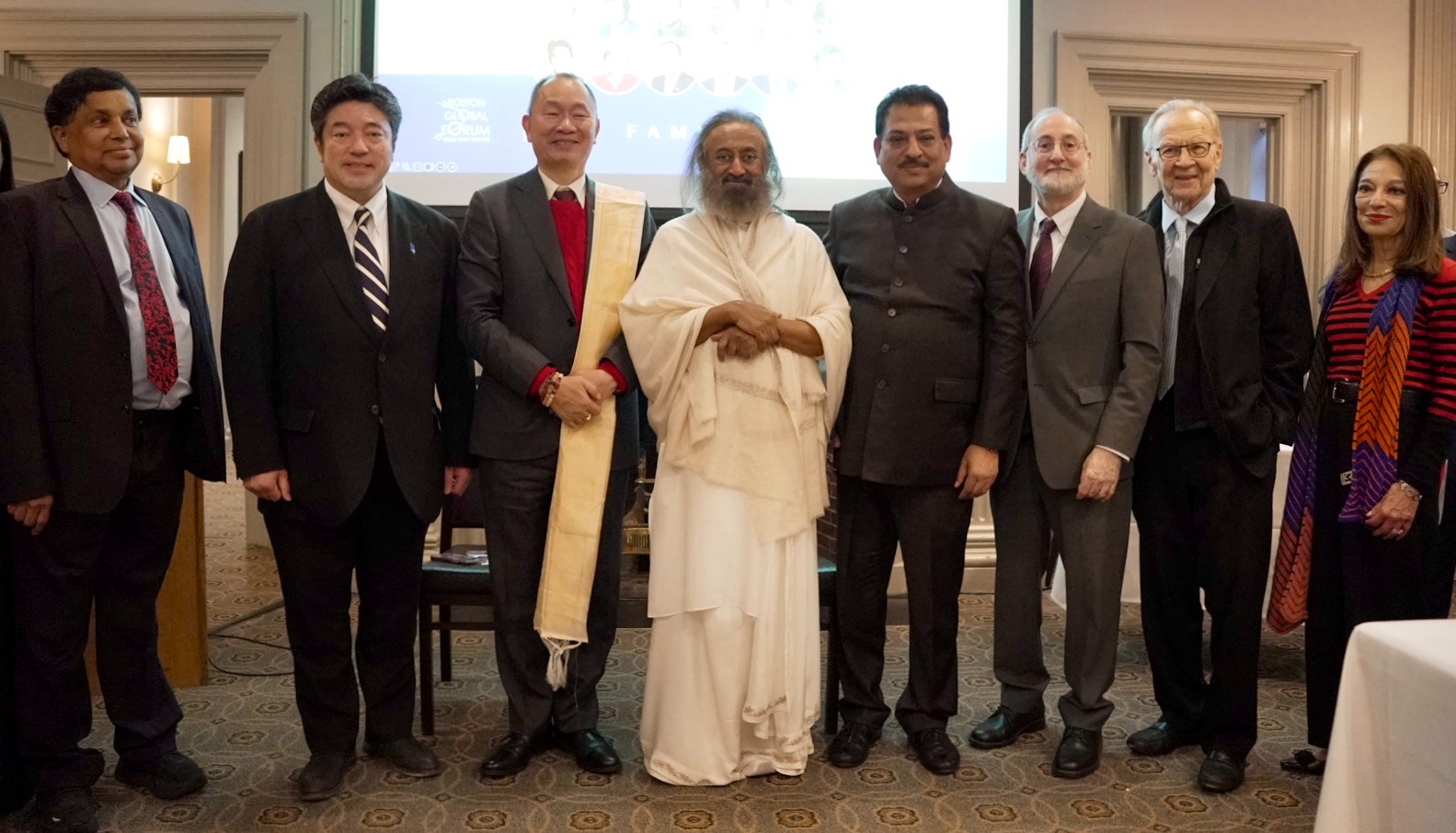
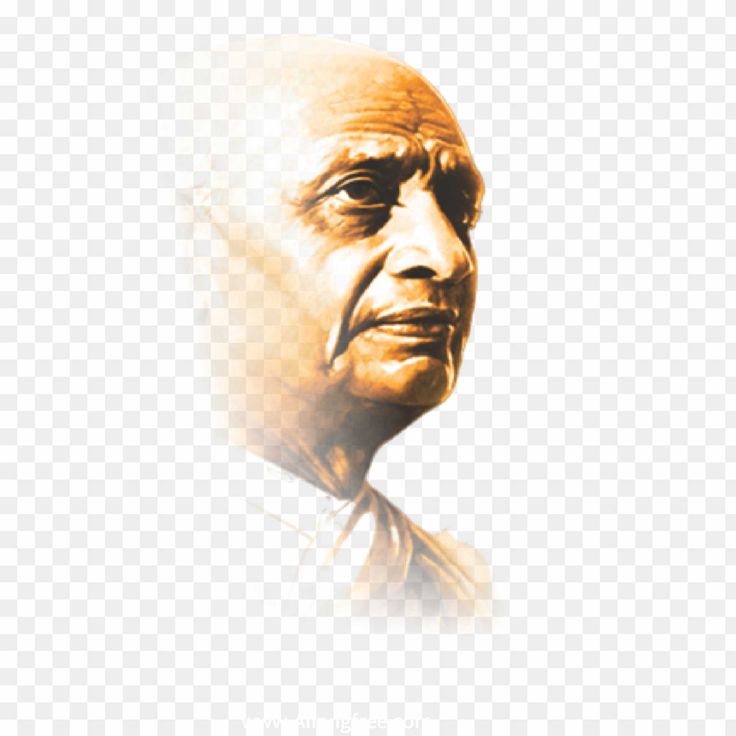
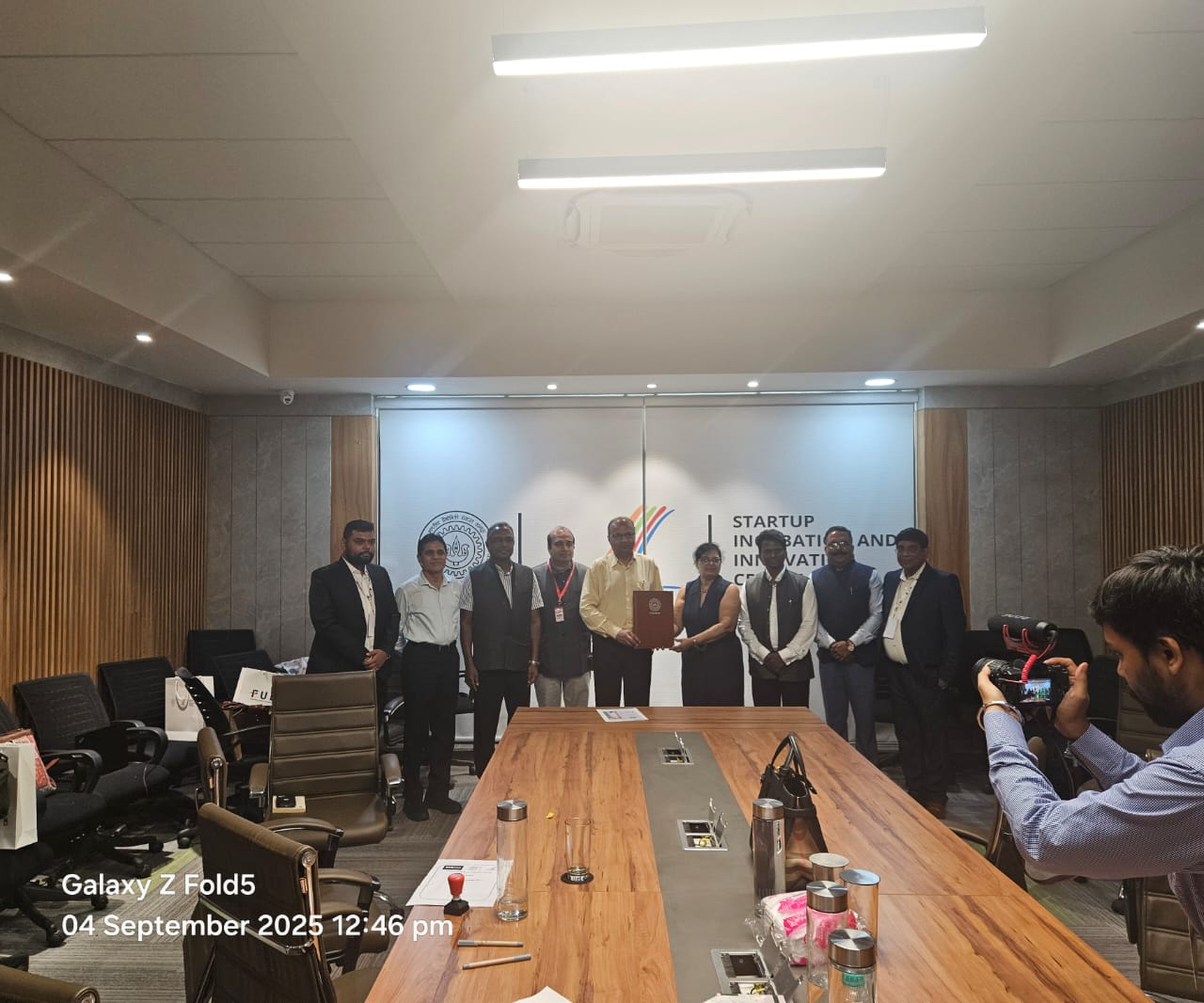
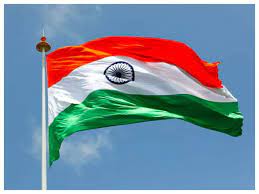
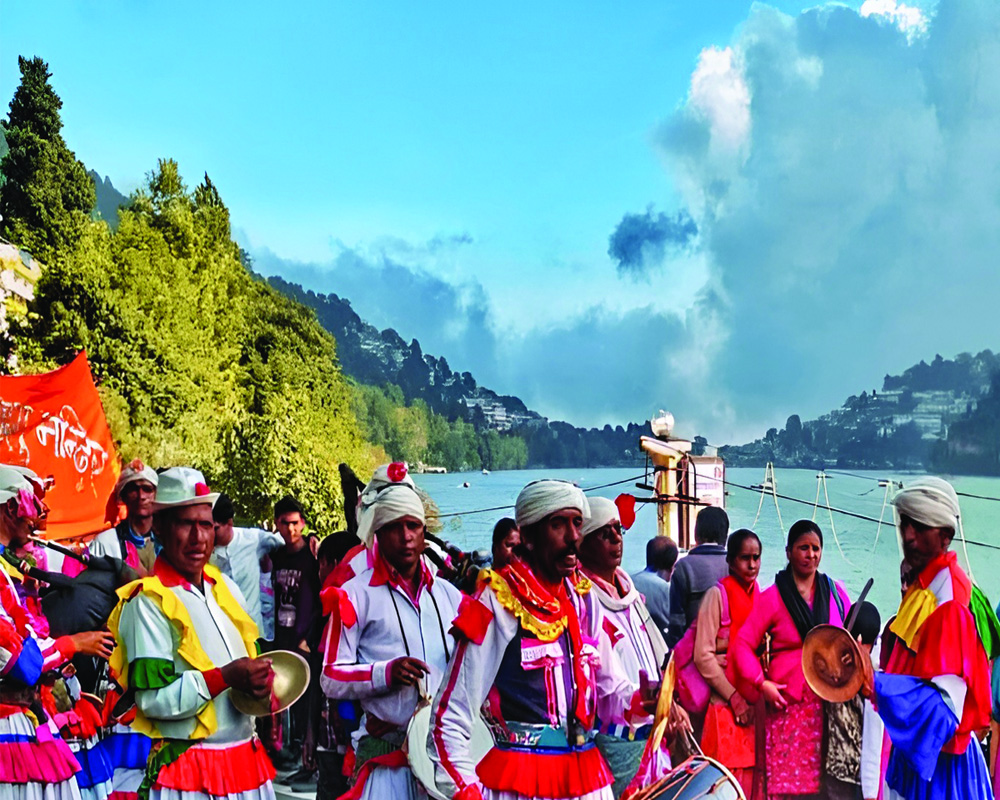







Comments (0)